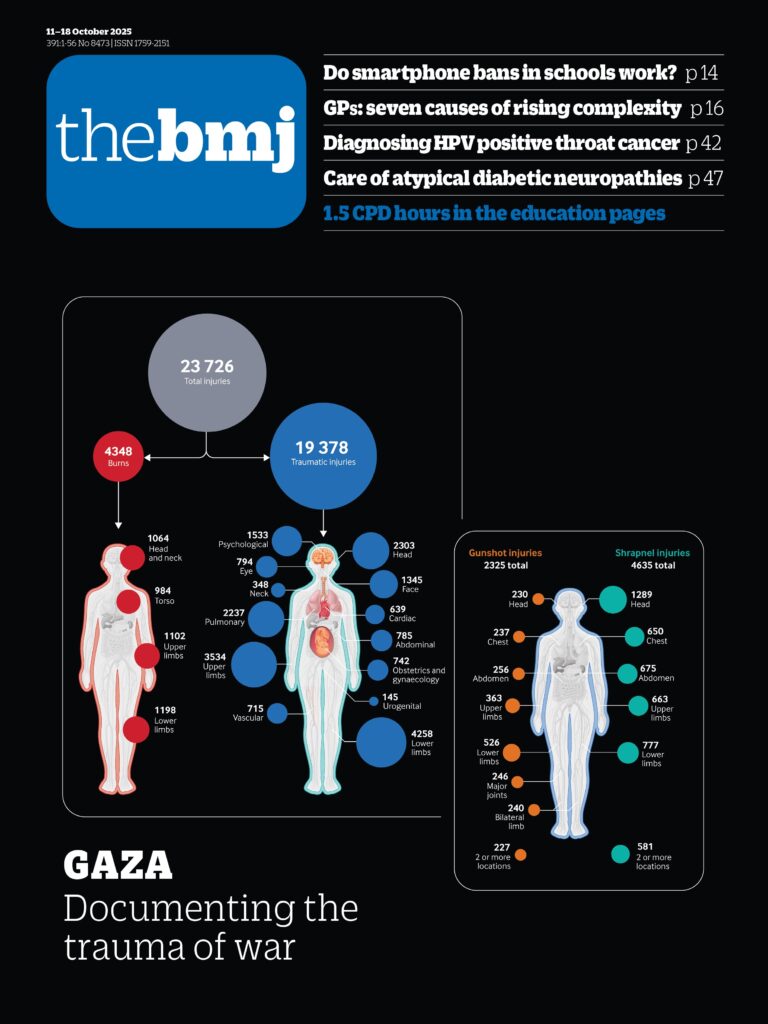- Luke Taylor
- Rio de Janeiro
Two major academic publishers have begun automatically rejecting most papers submitted using public health datasets, sparking a debate over how to combat “paper mills” that are likely using artificial intelligence to churn out research before selling it on.
Both PLOS and Frontiers announced last month that any proposals that use certain public datasets will be rejected out of hand after an investigation showed that hundreds of similar papers reporting spurious findings had been published in leading journals.
Any submission to PLOS and Frontiers’ open access journals that use datasets such as the National Health and Nutrition Examination Survey (NHANES), run by the US Centers for Disease Control and Prevention (CDC), will now be rejected if they do not include additional research validating their study.
PLOS told the journal Science that rejection rates for these types of paper had risen from 40% to 94%, …

